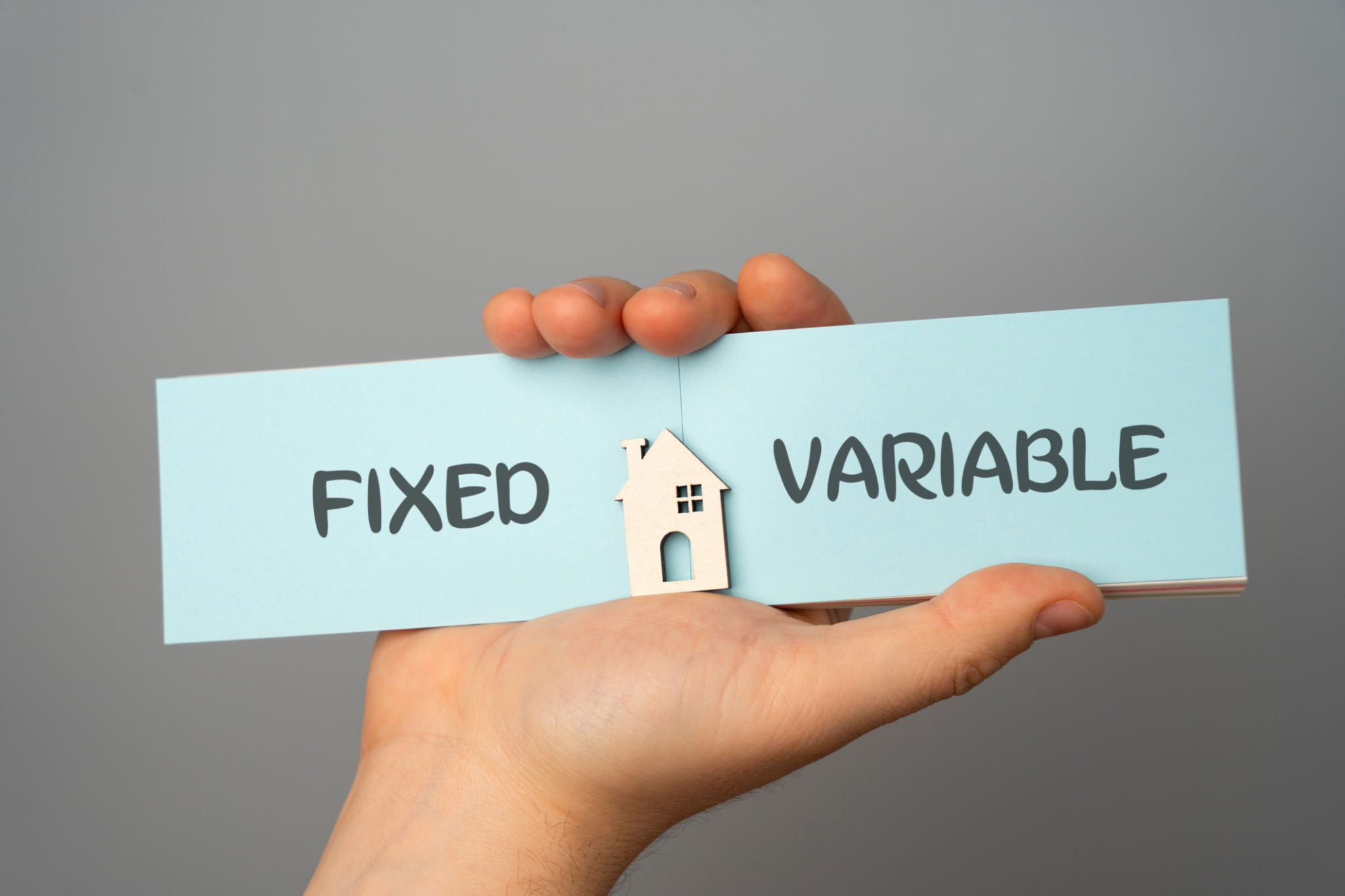Exploring Fixed vs. Variable Rate Mortgages: Which is Right for You?
Understanding Fixed Rate Mortgages
When you're considering a mortgage, one of the primary decisions you'll face is choosing between a fixed rate and a variable rate. A fixed rate mortgage offers stability and predictability, with a set interest rate that remains constant throughout the term of the loan. This type of mortgage is popular for individuals who prefer consistent monthly payments and want to avoid the risk of fluctuating interest rates.
Fixed rate mortgages are particularly beneficial in a rising interest rate environment, as they allow you to lock in a rate and protect yourself from future increases. On the flip side, if interest rates fall, you won't benefit from lower rates unless you refinance. This trade-off is essential to consider when deciding if a fixed rate mortgage is right for you.

The Flexibility of Variable Rate Mortgages
Variable rate mortgages, also known as adjustable-rate mortgages (ARMs), offer an initial period of lower interest rates, which can result in smaller monthly payments at the start. However, after this introductory period, the interest rate can fluctuate based on market conditions. This means your monthly payments could increase or decrease over time.
The potential for lower initial payments makes variable rate mortgages attractive to some borrowers, especially those who plan to move or refinance before the adjustable period kicks in. However, the uncertainty of future payments can be a significant drawback for those who prefer financial stability.

Comparing the Benefits and Risks
When weighing the pros and cons of each option, it's essential to consider your financial situation and future plans. Here are some factors to keep in mind:
- Budget predictability: If knowing exactly how much you'll pay each month is crucial, a fixed rate mortgage might be the better choice.
- Interest rate trends: Consider whether interest rates are likely to rise or fall in the near future and how this could impact your payments.
- Length of stay: If you plan to stay in your home for a long time, a fixed rate might provide more long-term security.
- Financial flexibility: If you have room in your budget to handle potential payment increases, a variable rate could offer initial cost savings.
Who Should Choose a Fixed Rate Mortgage?
Fixed rate mortgages are generally suited for individuals who value stability and are planning to stay in their home for an extended period. They are ideal for those who prefer not to worry about market fluctuations affecting their monthly payments.

Moreover, first-time homebuyers who are more risk-averse may find comfort in knowing that their mortgage payments will remain unchanged throughout the term. This predictability can make budgeting easier and provide peace of mind.
Who Should Consider a Variable Rate Mortgage?
If you're comfortable with some level of risk and anticipate that you might move or refinance before rates adjust significantly, a variable rate mortgage may be advantageous. This option is often appealing to individuals who expect their income to increase over time or who are buying a home as a short-term investment.
Additionally, in a declining or stable interest rate environment, variable rates might save money compared to fixed rates. However, it's crucial to have a financial cushion in case rates rise unexpectedly.

Making the Right Decision
The decision between a fixed and variable rate mortgage ultimately depends on your personal financial situation and long-term goals. It's vital to assess your risk tolerance, future plans, and current market conditions before making a choice.
Consulting with a mortgage advisor can provide valuable insights tailored to your specific needs. They can help you understand the implications of each option and guide you toward making an informed decision that aligns with your financial goals.
